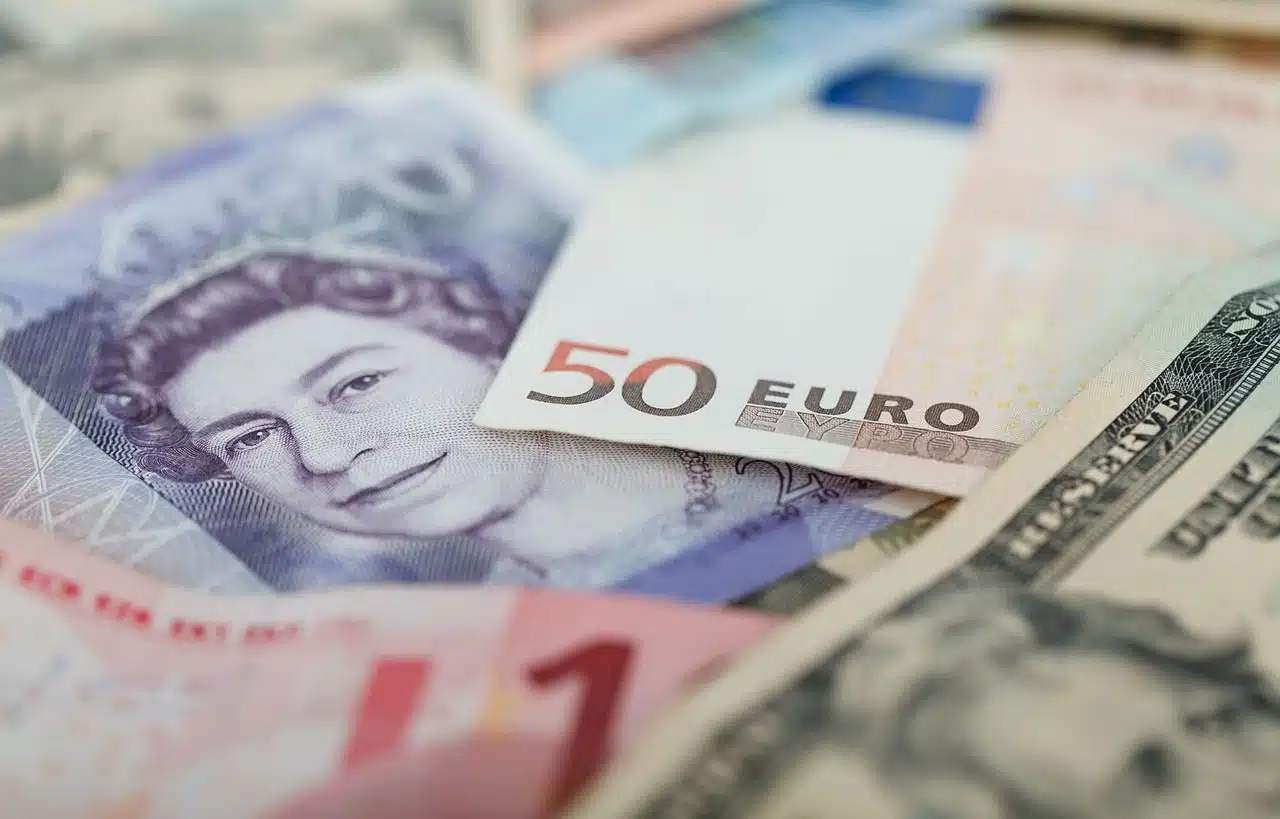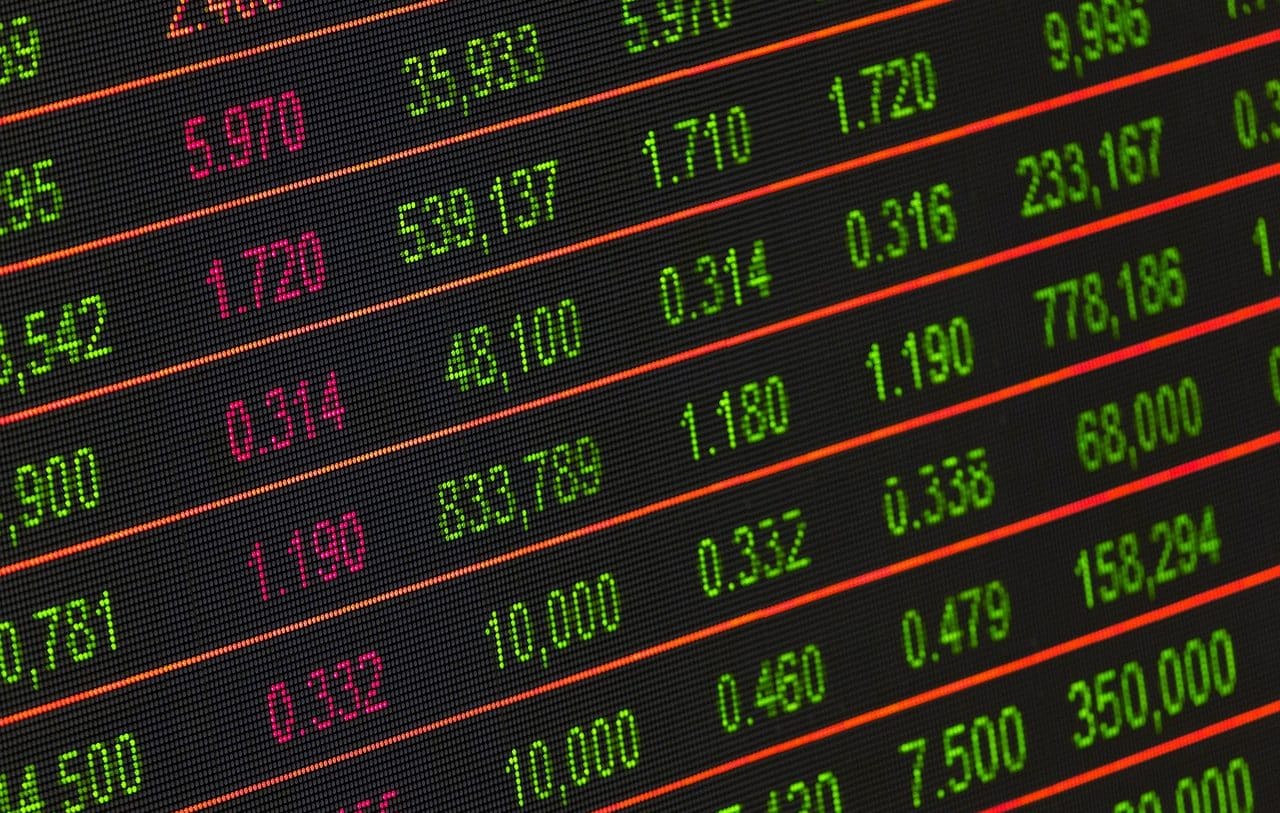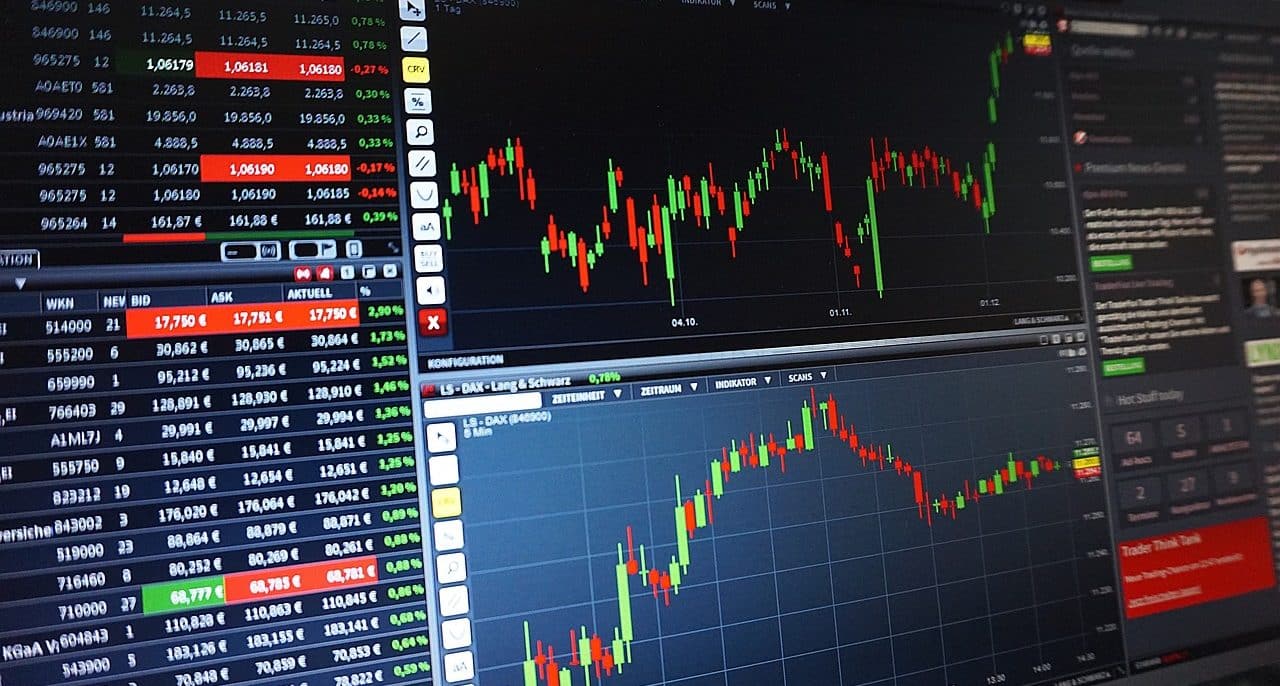
Currency futures contracts are part of financial derivatives.
A financial derivative is an asset whose value is associated with the price of another product , called the underlying asset . It is an instrument that is constituted as a forward contract and is usually used to hedge operations or investments.
The value of a financial derivative, in this way, changes according to the evolution of the value of the underlying asset. Its settlement is agreed on a future date.
Characteristics of a financial derivative
As we already indicated, the main characteristic of a financial derivative is that its value is tied to the value of the underlying asset (which can be currencies , stocks , raw materials or bonds , for example). When the contract is confirmed, the entire price of the asset is not paid, but only a percentage as a premium or collateral guarantee.
The financial derivative is mentioned as a type of leverage . This is because it involves going into debt to make an investment (or, in other words, taking on debt to finance an operation).
The settlement of these financial instruments is carried out within the agreed period and not at the moment. This gives rise to speculation , as it is possible to take a position based on how the price of the underlying asset is expected to evolve. The investor makes profits when the acquisition price of the financial derivative is lower than the price of the underlying asset: this means that a fall in the price of the underlying asset generates a positive movement in the value of the financial derivative.
Another possibility is to operate with financial derivatives for a hedge . What is sought, in this case, is a neutralization of the falls or rises of the underlying asset, trying to limit the effects of movements that are contrary to one's own interests.
Experts also indicate that financial derivatives are used for arbitrage . Thus, the aim is to obtain a profit by operating simultaneously in two or more markets, achieving profits against possible distortions in prices.

Financial derivatives are exchanged on a derivatives market, which may be a stock exchange or over-the-counter.
Classification according to type
According to their particularities, financial derivatives are classified differently:
- Option : The option contract gives the buyer the right to execute the put option (sale) or the call option (buy) of the underlying asset at a certain price on a fixed date. The seller, on the other hand, must sell or buy the asset at the price established on the agreed date, obtaining a premium for contracting this obligation.
- Future : The futures contract binds the buyer (who assumes the obligation to buy the underlying asset at a future date at an agreed price) and the seller (who undertakes the obligation to make the sale to the buyer under the agreed terms).
- Swap : The parties agree to the exchange of cash flows that are based on different parameters (commodities, currencies , interest rates, etc.). These exchanges are common in financing structures and risk management.
- Contract for difference : This financial derivative is used for speculation on the value of the underlying asset without having the actual asset. Profit or loss is defined by the difference between the exit price and the entry price of the contract.
- Structured product : It arises from the combination of futures, options and other instruments. It is generally used for creating a risk profile with a certain return.
- Warrant : This product provides the right to acquire or sell, at an exercise price and within a certain period, an underlying asset. The investor will define whether or not to use the right according to the difference recorded in the current price of the underlying asset and the exercise price. Unlike options, trading in warrants takes place in the OTC ( over-the-counter ) market .
- Certificate : It is a value that replicates the evolution of an underlying asset. It rewards the buyer according to the variation in the value of the underlying asset and the nominal value of the certificate.
- Forward : This forward contract, like the future, represents an agreement to buy or sell the asset on an agreed date and at a certain price. What distinguishes it from the future is that, like warrants, it operates in the OTC market.

Eurex is the main space in Europe for the negotiation of financial derivatives.
Negotiation of financial derivatives
Financial derivatives can be traded on stock markets or over-the-counter markets .
The stock markets are organized. The contracts are standardized, so the exercise prices and maturities are the same for all participants. Chicago Mercantile Exchange ( CME ) and New York Stock Exchange ( NYSE ) are two of these markets .
Over-the-counter markets, also known as OTC as we have already indicated, do not have a specific place for operations. These are tailor-made contracts agreed upon directly by buyers and sellers.
Advantages and disadvantages
The main advantage of financial derivatives is the possibility of protecting an investment since they minimize the risks associated with changes in the price of the underlying asset. In this sense they function as a kind of insurance : it is possible to recover losses by taking a contrary position in the asset. That is why financial derivatives help with risk management.
Another point in favor is that financial derivatives serve to determine the real price of the underlying asset . Likewise, they often allow access to markets that, otherwise, are not within reach.
As for the disadvantages, its high risk stands out. Losses can be enormous and difficult to foresee.
